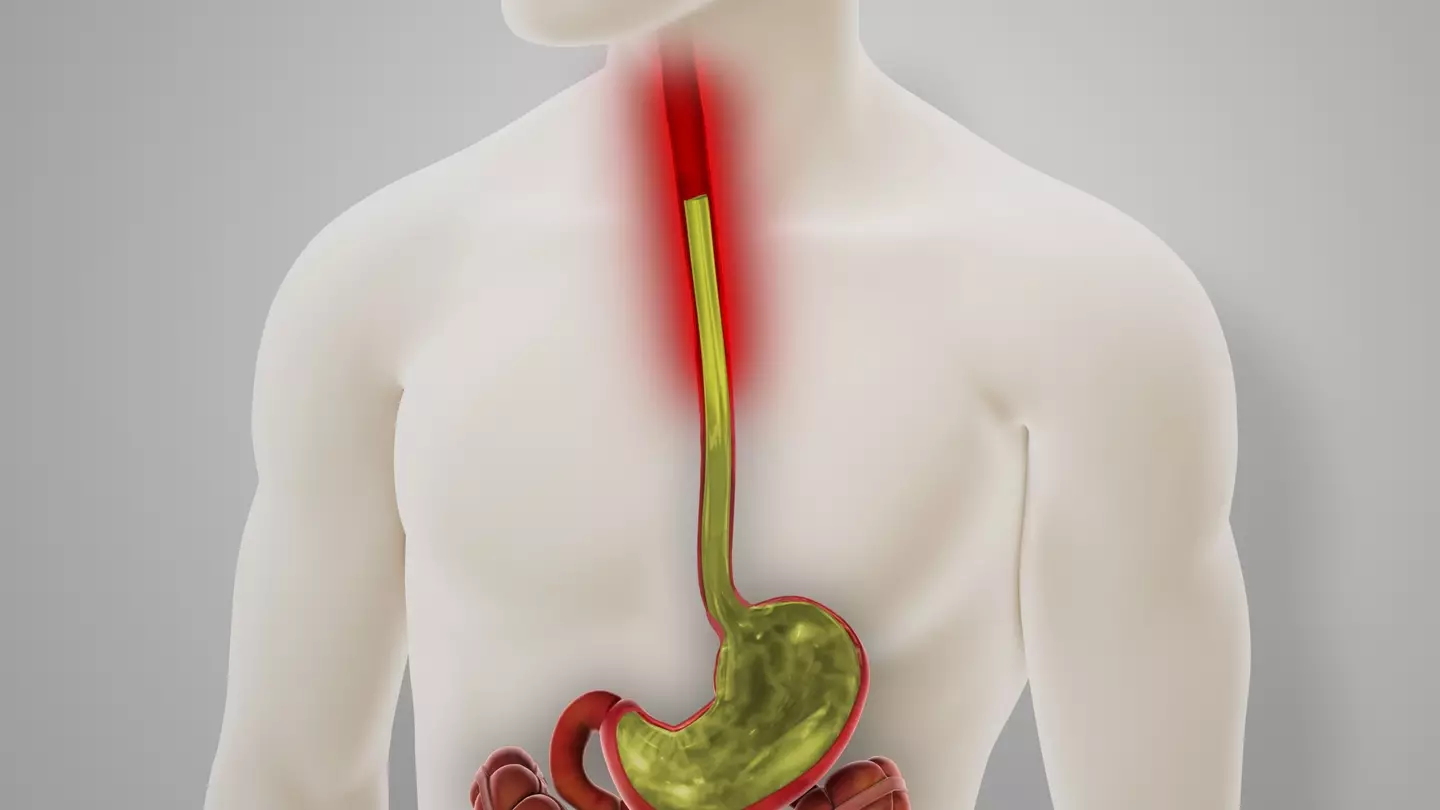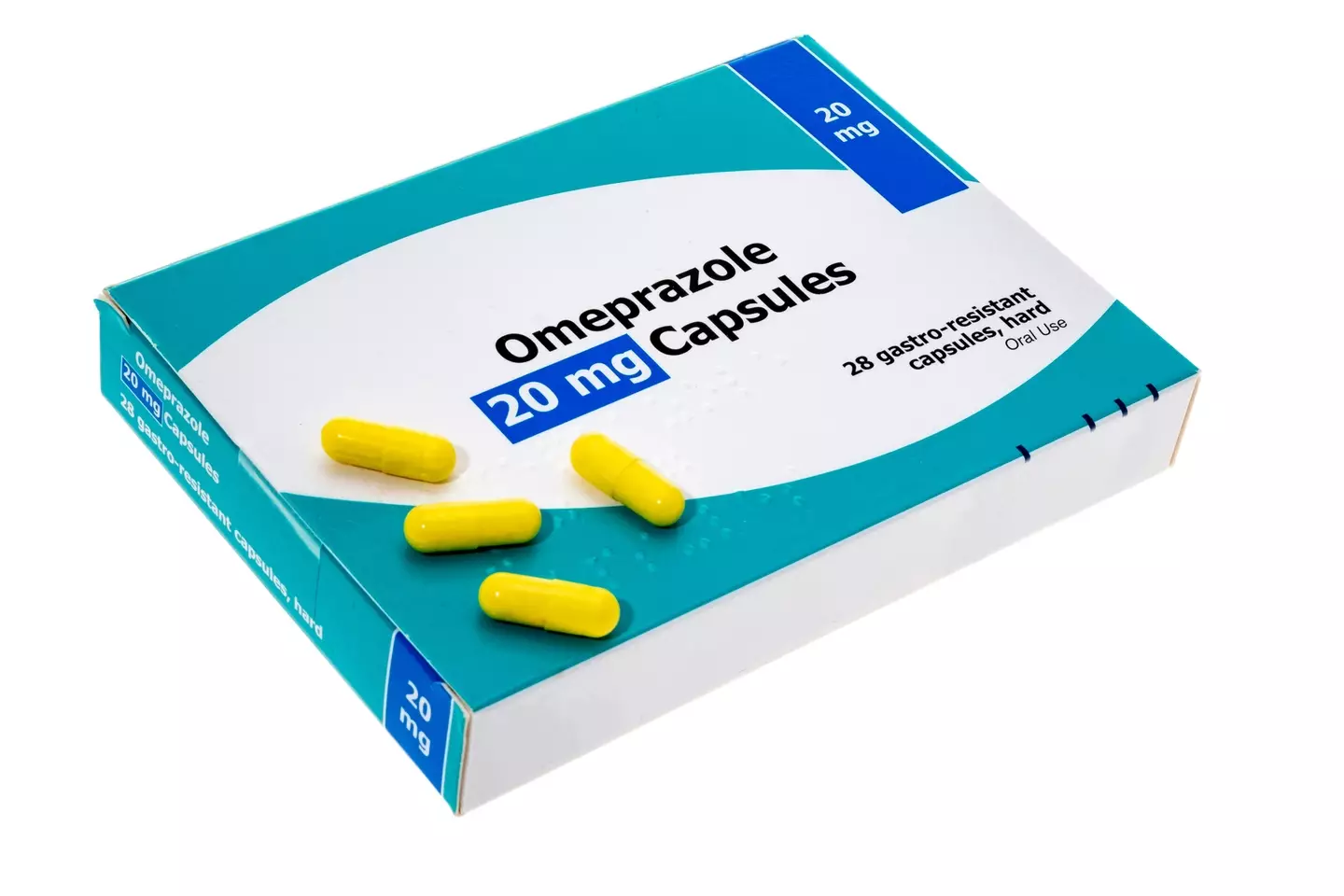
Omeprazole is one of the most heavily prescribed medicines in the UK.
Between 2022 and 2023, a whopping 35 million omeprazole prescriptions were handed out in England, with over 73 million for proton pump inhibitors (PPIs).
PPI is a type of medicine that reduces the amount of acid your stomach makes, with omeprazole being one of the most commonly used types in Britain.
The NHS recommends that most patients should only use it for short-term use to relieve themselves from indigestion, heartburn, acid reflux symptoms, or to reduce stomach pain.
Advert
Some people feel relief within a few hours, whereas for others, it can take a few days. Other PPI alternatives you may have heard of are lansoprazole, pantoprazole, rabeprazole or esomeprazole.
However, to avoid long-term side effects, the health service tells people to 'not take omeprazole for longer than two weeks if you bought it without a prescription'.
What are the long-term side effects of taking omeprazole?

According to the NHS, long-term use can lead to:
• An increased risk of developing a gut infection (Clostridium difficile) that causes severe diarrhoea
• An increased risk of broken bones or fractures
• An increased risk of pneumonia
• A drop in magnesium levels, which can cause tiredness, muscle weakness, dizziness, and abnormal heart rhythms
• Gastric and stomach cancers
What are the side effects of stopping omeprazole?

"Research has found that some people who have been taking PPIs for more than two months find that their body is producing more acid (referred to as rebound acid) to compensate for the acid reducing effects of these medications," the NHS says.
"This can mean that your symptoms can worsen again when trying to stop taking the PPI medication.
"If this happens to you, it should only be for up to two weeks after stopping the PPI."
They add that occasional symptoms of rebound acid can be managed by 'taking your PPI only when needed or by taking an antacid medicine which can be purchased from your local pharmacy or supermarket'.
What are the best ways to stop taking omeprazole?
The health service says your GP will usually provide a few different ways to stop your PPI intake:
• Quit cold turkey or when your course has finished
• Only take it when 'you have rebound acid symptoms'.
• Reduce dose gradually
"Depending on why you were prescribed the PPI in the first place, you will either then be advised to stay on a lower dose or stop taking the PPI completely," the NHS says.
To help reduce symptoms, it is recommended to eat in moderation and consistently at regular times.
Not eating two to three hours before bed can also help, as well as elevating 'your head with a pillow by 15-20cm' when you sleep.
Avoiding tight clothing or belts after eating a heavy meal and losing weight in general, especially if you are overweight, can help.